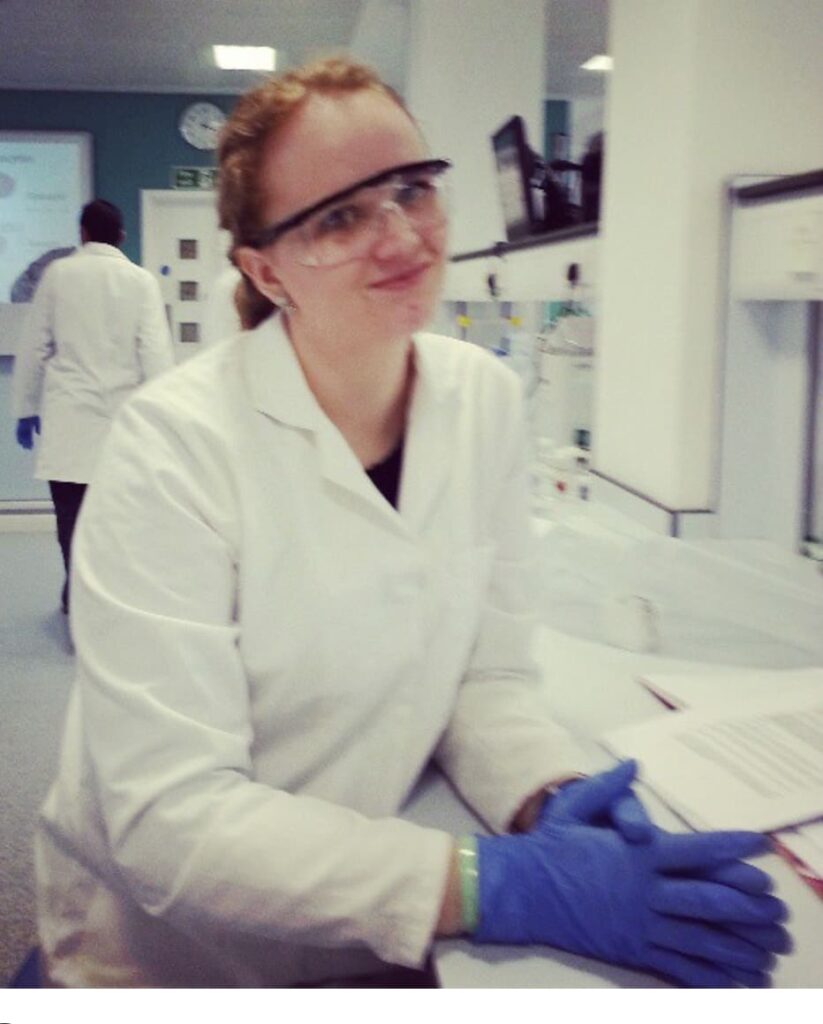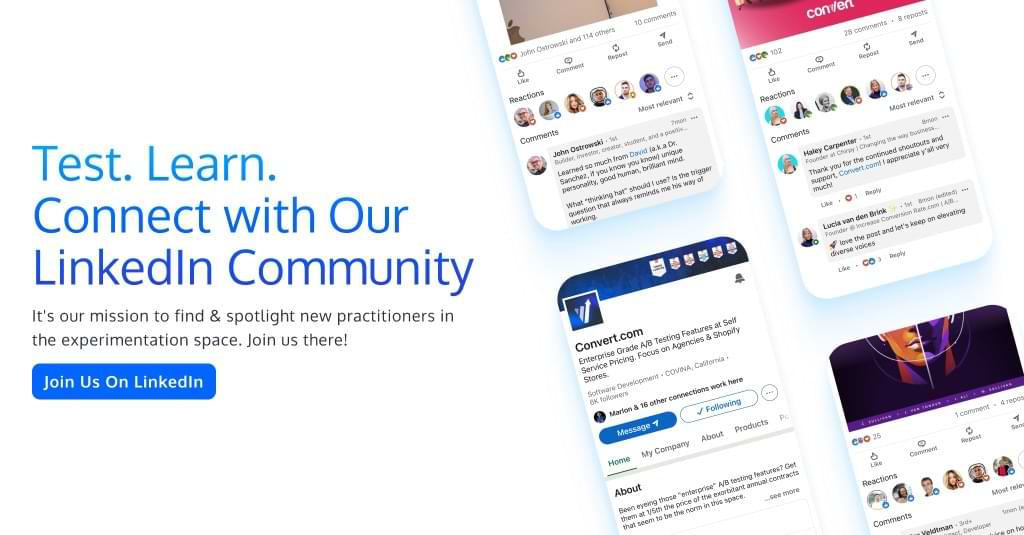Pivots & Passion — Stories of Change & Resilience
A Candid Conversation with Gintarė Forshaw
“The hallmark of originality is rejecting the default and exploring whether a better option exists. (…) The starting point is curiosity: pondering why the default exists in the first place. We’re driven to question defaults when we experience vuja de, the opposite of déjà vu. Déjà vu occurs when we encounter something new, but it feels as if we’ve seen it before. Vuja de is the reverse—we face something familiar, but we see it with a fresh perspective that enables us to gain new insights into old problems.” — Adam Grant, “Originals: How Non-Conformists Move the World”
That’s the essence of this new series. We’re chasing that ‘vuja de’ moment — when someone looks at a best practice and goes, “Why do we even do it this way?”
Spotlighting unconventional thinkers who are reframing the way our industry approaches protocols and ideas. Folks who aren’t afraid to poke holes in mainstream theories and reject defaults.
Come along for the ride?
Gintarė, tell us about your background. Where are you from, and what are you passionate about?
I am a Lithuanian turned Mancunian (based in Manchester); I’ve lived in the UK for the last 15 years. How I got here? Well, when I was younger, I wanted to be a doctor. I was passionate about helping people and making their lives easier, but I wasn’t good enough to get into med school, I could have done a foundation year but decided to explore various options and go straight into education. At the same time, I’ve always had a passion for science. I chose the undergraduate degree in Biomedical Science, which led me to come to Manchester and finally work in infectious diseases and genetics labs after graduation.


What big pivot did you make in your optimisation career? And why?
Sadly, during my two years working in the labs, I realised this was not my thing. I felt somewhat disappointed that the career I assumed would be great for me wasn’t the right fit. It was a very lonely job and, at times, quite depressing. To make matters worse, the pay at the hospital was also terrible.
I had friends who worked better jobs and felt less stressed. The repetition, loneliness, and lack of social contact made me rethink my options and opportunities. Just around that time, I started to pivot and explore other areas I was passionate about, such as neuroscience, psychology, and being around people. I did a short postgraduate course in Psychology and fell in love with the subject.
This brought me to where I am today: running a CRO and UX consultancy. So, I think this was my most significant pivot or maybe more of an overhaul. Currently, I am in the middle of another pivot – PhD in Psychology. I guess becoming a doctor is still on the cards for me (even if it’s completely different from my teenage dreams).
Every person has a pet peeve. Every industry has something to change. What would you like to change about the space that you work in?
Oh, I have so many!
I absolutely cannot stand the generalised LinkedIn posts, which usually sound something like this: “I’ve spent 988728 hours analysing websites and running tests, and these are the ones that generated $40m a year for my clients. Comment CRO, and I’ll DM you all of these.”
I think portraying experimentation as an easy-peasy solution is dangerous because those who do it know it’s not that simple. So many things are wrong with this approach, and I overlook these posts. I don’t think we can change it. Still, we can just start ignoring this behaviour and hope it will subside (I learned that from my misbehaving toddler, the more attention they get, the more they do it. Once you start ignoring negative behaviours, it subsides).
The other is the ethical considerations involved in experimentation. My concerns and internal dilemmas are growing, mainly about brands that conduct unethical experiments. This also brings me to the question of how ethical marketing is as a whole: There’s a big difference between optimising to make more cash and optimising to make websites and online experiences easier and more accessible. It’s just food for thought.
How do you experiment & grow in your life (outside of work)?
Absolutely everywhere: from gym and weight lifting to trying different things with my toddler.
I also set some significant challenges for myself and tried to compete against myself. In everyday life, I’m living in control (the calmer, chilled version, MVP) and variation 1 (absolutely relentless, trying to do everything and be everything to everyone) simultaneously, and they’re always competing. I’m not sure if one will ever achieve stat sig!
Want more of Gintarė’s unconventional insights? Connect with her on LinkedIn.
Know someone who’d be perfect for this series? We’d love to hear about them! Reach out to our editor Carmen on LinkedIn with your recommendations.
Written By
Gintarė Forshaw
Edited By
Carmen Apostu


